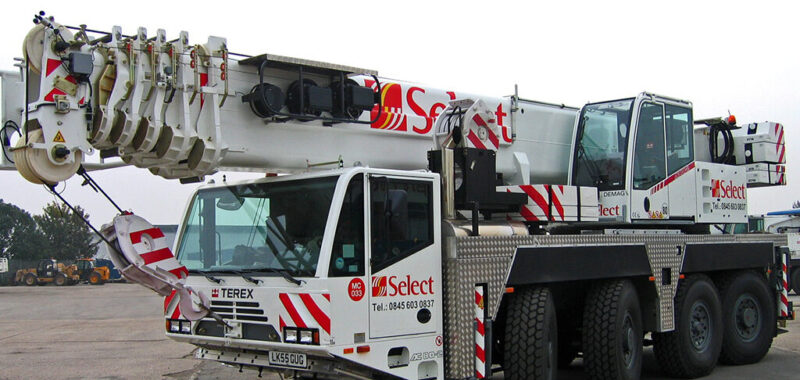A plant hire trade body has met police chiefs in an effort to finally reach a consensus on how road embargo times are enforced.
The Construction Plant-hire Association (CPA) has been urging police for years to stop different interpretations of legislation banning heavy vehicles between 7am and 9am and 4pm to 6pm on weekdays.
At a meeting yesterday (6 November) with the National Police Chiefs’ Council (NPCC), the CPA also asked for more flexibility to allow for vehicle changes in the event of breakdowns.
The body was joined at the meeting by the Road Haulage Association and the Heavy Transport Association.
The CPA said the current approach by forces causes logistical problems for its members, for instance when site owners request equipment to be removed at the end of the day – which would breach the 4pm to 6pm ban.
In yesterday’s meeting, the CPA asked the NPCC to ensure that forces tasked traffic officers with a set time to attend when the movement of a crane or other large plant equipment is scheduled to take place.
Current advice from the College of Policing to forces is that escorting these loads “is a self-imposed duty” that depends on an assessment of public safety “and those involved in the movement of the load”.
The NPCC and the College of Policing now advise forces on how to interpret all legislation. But the advice is not binding – each force sets its own rules as they are operationally independent and limited to their own legal boundary.
Speaking while the meeting was being conducted, CPA chief executive Steve Mulholland told Construction News that “only slight progress” had been made over the issue.
This was despite a review started in May by the previous Conservative government.
The review is ongoing with no formal end date. The CPA expressed frustration that progress has been slow because both the Home Office and Department for Business and Trade must be consulted by the NPCC.
The problems date back to 2010, when the legislation was passed. In the same year, guidance was published by the Association of Chief Police Officers.
Mulholland told CN: “The issue is finding a way for them to agree a common set of rules to enforce. There are 43 forces in England and Wales and 43 [different] interpretations of [the] guidance.”
He added: “We would like to get to a point where we are talking to one body about this.”
Currently, firms moving big plant – for example if it has a gross vehicle weight of more than 44,000kg – must go online to notify police, highway and structures authorities. According to the 2010 guidance, they must give two clear working days’ notice.
Online registration – administered by National Highways – has compounded problems for CPA members, Mulholland said, adding: “If there’s even a tweak such as a wrong registration, that can set you back 48 hours. It’s nonsensical.”
There is also a national shortage of traffic officers, according to the Police Federation of England and Wales, and the CPA has warned this is affecting whether an escort is available at the designated time.
In May, the CPA named the Metropolitan Police and forces in the West Midlands, Merseyside and Greater Manchester as the most “problematic” in how they enforce the rules.
CN approached the NPCC, Home Office and Department for Business and Trade for comment.

